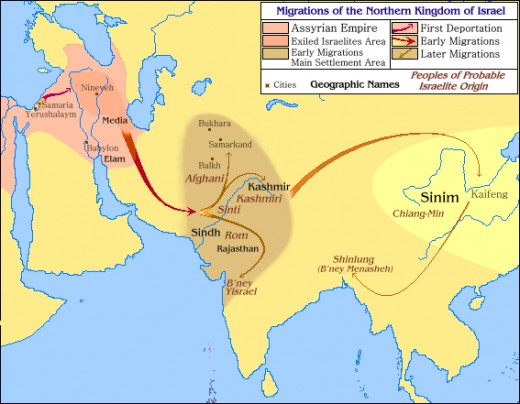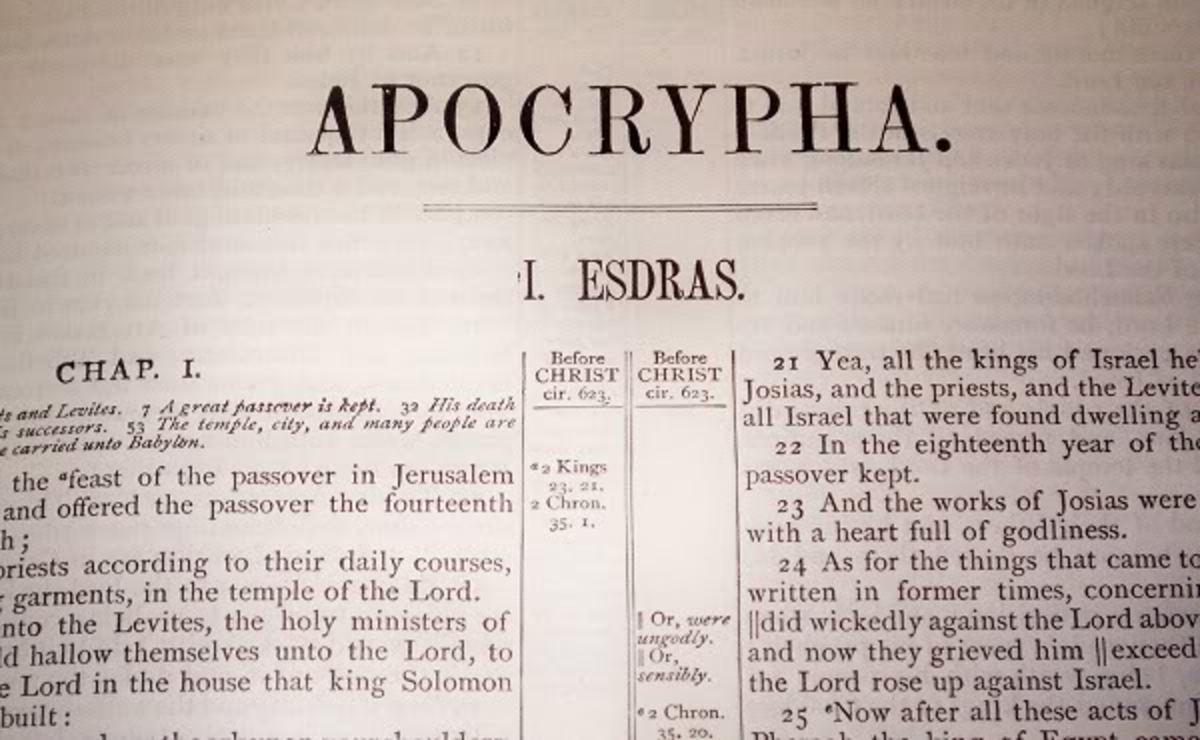Karaite Comments: To My Brother Yeshua (Jesus) Part 7
It has often been said by Christian scholars that the dispersal of the Jews was God’s final judgment against us and that in so doing he has withdrawn his love and protection for his chosen people. It is a fallacious argument for many reasons that will be discussed in the body of this article, but nonetheless, these scholars persist in their argument based on what they claim is scriptural absence. But as a word of caution, Christian scholars should have never undertaken the debate with a Karaite, as Karaism's understanding of the Torah and Tanach has always been far more astute than our Rabbanite brethren that rely more often on Talmudic lore. Scriptural absence is a unique argument that goes as follows; If it is not recorded as such, then any statement that I make subsequently cannot be argued against since there is no scriptural record by which to dispute my statement. To quickly demonstrate the error of such an argument one merely has to point out that even though in the Decalogue there is no statement of “Thou shall not maim or torture,” a reasonable man would understand that just because God pointed out the extreme case to Moses of murder did not mean that He had no concern for the lesser acts of man’s inhumanity. But by these scholars’ argument, they have claimed that since the prophetic books of the Tanach speak only of the conquest by the Babylonians and Persians but say nothing of the Romans, then there could be no continuation of Jewish history following the Persian period without acknowledging that it was the end of the pre-Messianic era and that meant the Messiah had definitely come during the Roman occupation as all the works of the prophets had been fulfilled at the time of the second Temple. To support their argument they quote Matthew 11:13 where he states, “For all the prophets and the law prophesied until John.
Isaac ben Abraham of Troki dealt with this argument quite thoroughly and there’s very little I can add to his statements which are quite extensive and therefore for purposes of reader’s attention spans I will paraphrase to a large degree.

The Universal Disperal is Predicted
Troki’s first salvo in return was to quote Psalm 147:19-20 in order to demonstrate that God’s intentions to the end of time were not to be fully disclosed in scripture or by prophecy, where it say that, “He declareth his word unto Jacob, His statutes and His judgments unto Israel. He has not dealt so with any other nation, nor has He made known His judgments unto them.” Clearly God is forewarning all of us not to heed the words of Christian scholars because he has not provided them with any insight nor does He even recognize them.
But Troki was not prepared to accept the statement that the scriptures did not discuss the dispersal following the Roman occupation. He cited Deuteronomy 28:64 as his proof that God did foresee the event but since it was not in the books of prophecy, the Christian scholars had overlooked its presence. It reads, “And the Lord shall scatter thee among all the people, from the one end of the earth unto the other.” Until the advent of the Roman Empire, no other civilization could lay claim to conquering the known world. And since today’s modern society is an extension of the Roman Empire, having adopted much of its legal systems, language, alphabet, etc. then the scattering across the globe was only possible following this particular empire. Similarly, Troki uses Deuteronomy 3:3 to support his claim that the Roman dispersal was predicted. “That then the Lord they God will turn thy captivity…and gather thee from all the nations whither the Lord they God has scattered thee.” Clearly this line would not apply to the Babylonian captivity since the Jews had only been exiled to Babylon and not scattered about the world. The reference had to clearly be made in regards to an ingathering from a worldwide Diaspora and not a singular Mesopotamian one.
The Temporary Exile
Upon hearing his argument, the Christian scholars challenged that Leviticus 26:38 outweighed all of his prior arguments and comments. In this verse we read, “And ye shall be lost among the gentiles and the land of your enemies shall consume you.” But this was neither a total loss nor an irrevocable one. Troki explained that the Hebrew word used for loss, ABAD, was purposely intended to infer a temporary state of despair. Similar to its use in Isaiah 27:13 where the ‘lost’ ones of Assyria and Egypt will also return. Furthermore he argued it would make no sense that six sentences later in Leviticus 26:44 God says, “And even this, when they shall be in the land of their enemies, I shall not reject them nor abhor them so as to consume them and break my covenant with them, for I am the Lord their God.” So as Troki clearly points out, the act of being lost was not permanent and God wished to clearly point this out within the same chapter and paragraph. But more importantly I would suggest that we pay attention to the use of the word ‘consume’. What is meant by the particular use of this word? When one consumes food it is metabolized and absorbed. It becomes part of the host which ate it and therefore continues on but in a new form. The reference therefore was not to a cessation but assimilation. And clearly in the second verse from Leviticus it is evident that God does not wish the term consumption to be viewed as a finality. For even those that have become assimilated will not be abhorred or rejected. Like the wayward child, God as parent will not break his word to them and continues to love them.
An Everlasting Promise
Troki quotes Deuteronomy 4:30-31 which states, “When thou art in tribulation and all these things are come upon thee, even in the latter days, thou shalt turn to the Lord they God and be obedient unto His voice. For the Lord they God is a merciful God and He will not forsake thee, neither destroy thee, nor forget the covenant of thy fathers which He swore unto them.” That being the case then the promise of the Lord was designed to outlast the exiles, no matter how many, how often or how distant the dispersals may have been. There was no expiry date as the Christian scholars tried to argue, nor was the promise ever to be withdrawn. As for the prophets, Isaiah does speak of the present time dispersal in 43:5-6 where the prophet says, “Fear not for I am with thee; I will bring they seed from the East, and gather thee from the West. I will say unto the North give up and to the South keep not back. Bring my sons from far and my daughters from the end of the earth.” Since the distribution of Jews to the four corners of the world did not take place until long after the prophets death, and more appropriately, not until long after the destruction of the second Temple by the Romans, his statement had to do with events long after Jesus as well. We could not be any further dispersed than we are now, pockets of us living in practically every country on the globe.
Once again, it was a Karaite that made the most successful arguments against these Christian Scholars in the sixteent century and once again it is a Karaite that reminds you that was true in Troki's time is even truer now.
Avrom Aryeh-Zuk Kahana








